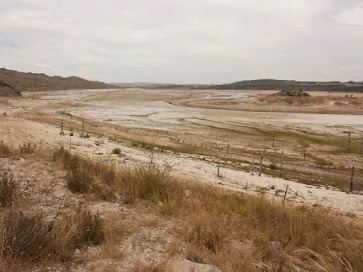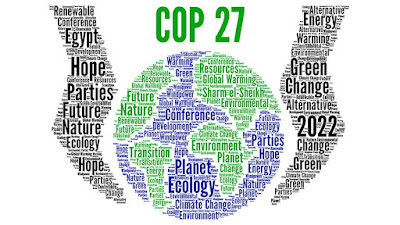Community management and future development
Are small achievable projects better than ambitious projects?
Small private irrigation systems are already more significant than state irrigation systems in many sub-Saharan African nations in terms of land area, population serviced, and income as smallholder agricultural water management (AWM) could increase yields by up to 300 per cent. For instance, the small private irrigation industry in Ghana employs 45 times more people and irrigates 25 times more land, improving food security and local living standard.
Malawi
In Malawi, 5.4 million people are experiencing moderate or severe chronic food insecurity, according to the IPC Chronic Food Insecurity Report. 19.1 million people, or more than 70% of the population, are estimated to be living in poverty, with a daily income of less than $1.90.
 |
| Figure 1:SHA projects in Malawi |
 |
| Figure 2: SHA in Malawi |
In addition to saving lives during the COVID-19 epidemic, the installation of solar-powered water systems in rural areas around Malawi has improved the standard of living for individuals. More than 200,000 individuals now have access to the 18 systems funded by UNICEF.
 |
| Figure 3 :UNICEF funded water system in Malawi |
In oder to increase the resilience, World Food Program employs an integrated set of risk management techniques with the goal of transitioning farming communities experiencing food and nutrition insecurity to surplus-producing lifestyles. It also makes efforts in Malawi by giving daily meals to almost 600,000 children in 452 elementary schools.
Other international organizations are also working with community development: A new guidebook from the World Bank is intended to assist governments, development professionals, and other stakeholders in encourage FLID.
 |
| Figure 4: The FLID guide |
Decolonising Knowledge
Being inspired by the IRC talk of decolonising WASH sector, it is worth wondering who will provide support for the sustainable services once the donors have left the scene? Therefore, there are more requirements for Africa voice of indigenous knowledge and human rights to bring them to a collaborative platforms for a long-term path of African development.
wrapping up
Multiple facets of the connections between water and food were studied throughout the blog. Various examples help highlight the diversity of issues and adaptations present on the continent. This is particularly true given that people and water impact every aspect of each other. With regard to climate and social vulnerability and injustice, crop adaptation, potential groundwater, and diverse community-based projects appearing that new solutions are already in the works. To overcome the obstacles from water and food nexus, there is no fixed management strategy as regions differs in nature and society. We will need to strengthen our ability to adapt, encourage educated development in multiple innovate ways. Although there are still many issues to be addressed, I believed that Africa is on the way of escaping the shadow of water and food insecurity for the bright future.



Comments
Post a Comment